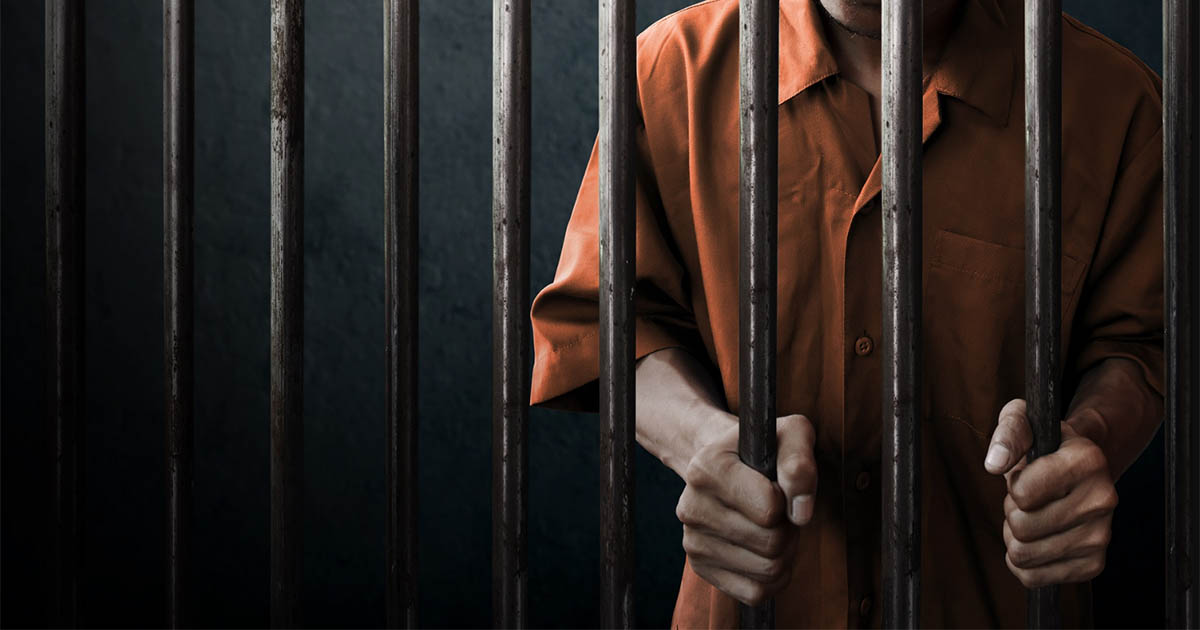The ongoing protests in Azad Kashmir (AJK), a Pakistan-controlled territory, intensified after one person was killed and over a dozen others were injured, including a policeman, on Monday. The region is observing a shutdown and a wheel-jam strike amid a continued blackout.
The strike has been called by the Jammu-Kashmir Joint Awami Action Committee over the issue of its unfulfilled Charter of Demands. The protest turned violent following clashes between rival groups. Mobile internet services have remained suspended in Azad, Jammu and Kashmir since Sunday noon, and sources say that the shutdown will continue until Wednesday.
The strike was announced last week after JKJAAC government negotiations remained suspended over the abolition of elite privileges and seats reserved for the Pakistan-based refugees from the Indian-occupied Jammu and Kashmir. There has been a deadlock over a 38-point Charter of Demands laid by the J&K Joint Awami Action Committee, which includes the removal of perks of the ruling elites, ending the 12 seats in the Azad Jammu and Kashmir Assembly reserved for Kashmiri migrants who came from the Indian side of the territory, and royalty for hydropower projects in Azad Kashmir. Pakistan Minister for Kashmir Affairs Amir Muqam held negotiations with the JKJ-AAC representatives last week, which any tangible results. The deadlock remains mainly with the dissolution of the AJK Assemblies and seats reserved for Kashmiri migrants.
How the movement began
The protest movement was first launched in 2023, when JKJAAC put forward a 10-point Charter of Demands. The core issues were that cheaper electricity is fixed at production cost, the subsidized wheat and flour, and better governance and accountability.
By May 2024, the demonstrations had grown into mass rallies in Muzaffarabad. In response, the Pakistan government announced $83 million in subsidies, leading the AJK government to cut electricity tariffs and fix flour prices at Rs. 1,000 for a 20 kg bag — the lowest in Pakistan.
Electricity dispute
AJK contributes nearly 3,500 MW of electricity to Pakistan’s national grid. Yet, locals complained of being forced to pay high tariffs under NEPRA’s formula, despite electricity costing just Rs. 2 per unit to produce in AJK. Residents were paying over Rs. 30 per unit, prompting calls for tariffs to match production costs. Protesters also demanded royalty payments from dams and hydropower projects.
Expansion of demands
The concessions temporarily calmed the protests, but resentment soon returned. By mid-2024, the Charter had grown to 16 demands, including: Free healthcare and free education, jobs for youth, interest-free loans, and access to clean drinking water.
It also calls for infrastructure projects such as the Taobat-Bhimbir Expressway, tunnels in Lipa and Jhelum valleys, and the establishment of an international airport in AJK.
Read more: PM Shehbaz Sharif, COAS Munir Win Trump’s Praise for Supporting Gaza Truce Proposal
The demand included judicial reforms for transparency and the abolition of the 12 reserved assembly seats for Kashmiri migrants living in Pakistan.
The JKJAAC also raised concerns about corruption, elite privileges, and the region’s vulnerability as a flashpoint between nuclear powers India and Pakistan.
The 2025 escalation
By 2025, the demands had expanded into a 38-point Charter, mixing economic, welfare, and political goals. While wide-ranging, the core political demands remain: removal of perks and privileges of the ruling elite, royalty payments for AJK’s hydropower projects.
Once again, the demonstrators are calling for the Abolition of the 12 migrant-reserved seats in the AJK assembly and the dissolution of assemblies and structural reforms. Analysts note that fulfilling all 38 demands would require massive budgetary allocations.
Negotiations between Pakistan’s Minister for Kashmir Affairs, Amir Muqam, and JKJAAC leaders have so far failed. The deadlock is centered on the reserved migrant seats and demands for assembly dissolution.
Meanwhile, the unrest comes against the backdrop of regional tensions and demonstrations in Ladakh, where the locals are calling for greater political autonomy.
From GVS South Asia Desk














